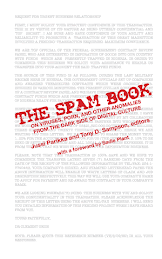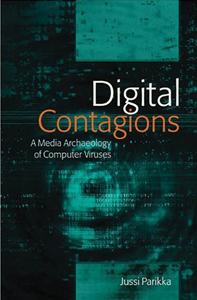ArcDigital and Cultures of the Digital Economy (CoDE) institute guest talk:
From Cybertext to Produsage. Functioning and Production of Digital Texts
By Dr Robert Arpo, Helsinki Metropolia University of Applied Sciences
Monday 30/11, 16.00-17.30
Anglia Ruskin University, East Road, Cambridge
Room: Helmore 252
Norwegian Espen Aarseth formulated his theory of cybertext and ergodic literature in mid 1990´s and focused his attention on how user, verbal sign and medium form a textual machine called cybertext. His point of view to the digital texts was user oriented, but the user was seen as an individual reader, whose actions were in the center of textual meaning construction.
Australian Axel Bruns has been formulating his theory of produsage recently and in context of so called social media. Bruns´s point of view raises questions on collective production of digital texts and is linked strongly to the dynamics of participatory economy.
When we look at theories of Aarseth and Bruns, they show us the changes in thinking on digital cultures. Technologies give nowadays users much more freedom to produce their own digital contents whereas in 1990´s user did not have access to for example source code of a publication platform like now the situation is with open access applications. Freedom brings also the need for taking responsibility of one´s own actions. Produser cultures are good examples of ways to control, direct and negotiate practices and principles in collective digital content production communities.
Robert Arpo, Ph.D. is principal lecturer in MA programme for media production and management, Helsinki Metropolia University of Applied Sciences, Finland. His research interests are in the area of virtual communities, digital dialogue, theories of information society and social media.
Tuesday, 24 November 2009
From Cybertext to Produsage. Functioning and Production of Digital Texts
Labels:
arcdigital,
Cambridge,
CoDE,
network politics,
social media
Subscribe to:
Post Comments (Atom)








No comments:
Post a Comment